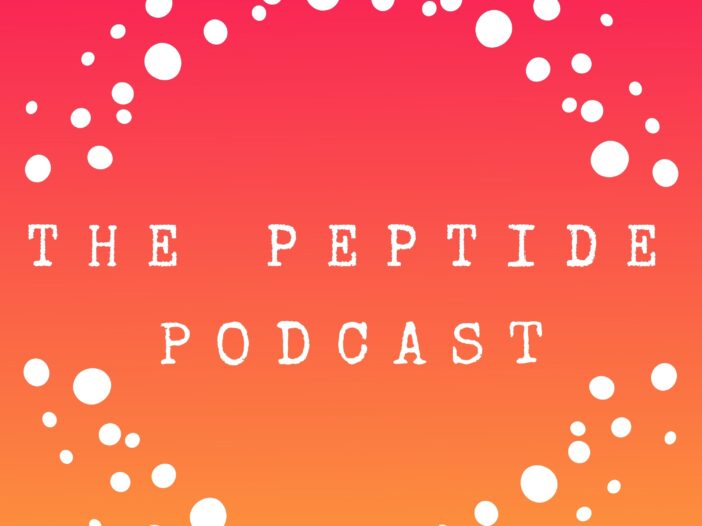
Imagine a treatment that not only helps manage diabetes but also holds the potential to reverse kidney failure — what was once thought to be impossible. The recent FLOW study has remarkable groundbreaking evidence that GLP-1 receptor agonists can significantly improve kidney function in chronic kidney disease (CKD) patients. And while researchers try to understand the full implications of these findings, one thing is clear: the landscape of kidney disease treatment may never be the same again.
In this podcast, we’ll dive into the results of the FLOW trial and explore what they may mean for people at risk for kidney failure.
What are GLP-1 Agonists?
GLP-1 (glucagon-like peptide-1) agonists are a class of drugs that mimic the effects of the natural hormone GLP-1. They enhance insulin secretion, inhibit glucagon release, and slow gastric emptying, improving blood sugar control. Beyond their primary use in diabetes management, GLP-1 agonists have been studied for various conditions, including obesity and cardiovascular disease prevention.
The Study Overview
The FLOW trial, which stands for “Fasting and Long-acting GLP-1 Receptor Agonist in Patients with Chronic Kidney Disease,” focused on the impact of GLP-1 receptor agonists, specifically semaglutide, on patients with chronic kidney disease (CKD) and type 2 diabetes (those most at risk for kidney failure).
Researchers observed a remarkable trend: patients receiving semaglutide demonstrated stabilization of kidney function and signs of renal recovery. This was groundbreaking, as reversing kidney damage has long been considered a near-impossible feat.
Study Objectives
The primary goal was to determine whether treatment with GLP-1 receptor agonists could improve kidney outcomes in patients with CKD.
Study Design
- Participants: The study enrolled >3500 adults with type 2 diabetes and CKD.
- Intervention: Participants were randomized to receive either semaglutide or a placebo.
- Primary Outcomes: The main outcomes included changes in glomerular filtration rate (GFR) and the incidence of major adverse kidney events (kidney failure- need for transplantation or dialysis).
Key Findings
- Renal Function Improvement: Patients on semaglutide showed significant improvements in glomerular filtration rates (GFR), a key indicator of kidney function.
- Reduced Inflammation: The drugs appeared to lower levels of inflammatory markers associated with kidney damage, suggesting a protective effect.
- Metabolic Benefits: Improvements in blood sugar control and weight loss were also observed, contributing to overall health and potentially alleviating stress on the kidneys.
- Adverse Events: The treatment was generally well-tolerated, with a favorable safety profile.
Ethical Considerations
As the results began to emerge, the ethical landscape of the study shifted dramatically. The control group, which was not receiving semaglutide, was found to be at a significantly higher risk of kidney deterioration. With compelling evidence that the GLP-1 agonist was safe and potentially life-saving, the ethics committee determined withholding treatment from any participants was no longer justifiable.
Consequently, the study was halted prematurely to allow all participants access to the medication, prioritizing patient welfare over the continuation of research under an inequitable framework. This decision underscores the ethical responsibility of researchers to ensure that all patients receive the best possible care, especially when clear benefits are identified.
Implications for Future Research
While the early termination of the study raises questions about the completeness of the data collected, it also opens new avenues for further research. The findings encourage more extensive clinical trials to explore the mechanisms behind the renal protective effects of GLP-1 agonists. Additionally, there is a growing interest in investigating these drugs’ long-term effects on kidney health and their potential role in preventing disease progression.
As further studies unfold, there is hope that GLP-1 agonists will become a standard part of kidney disease management, potentially transforming outcomes for millions affected by this condition.
Thanks again for listening to The Peptide Podcast. We love having you as part of our community. If you love this podcast, please share it with your friends and family on social media, and have a happy, healthy week!
We’re huge advocates of elevating your health game with nutrition, supplements, and vitamins. Whether it’s a daily boost or targeted support, we trust and use Momentous products to supercharge our wellness journey.
Momentous only uses the highest-quality ingredients, and every single product is rigorously tested by independent third parties to ensure their products deliver on their promise to bring you the best supplements on the market.
Leave a Reply